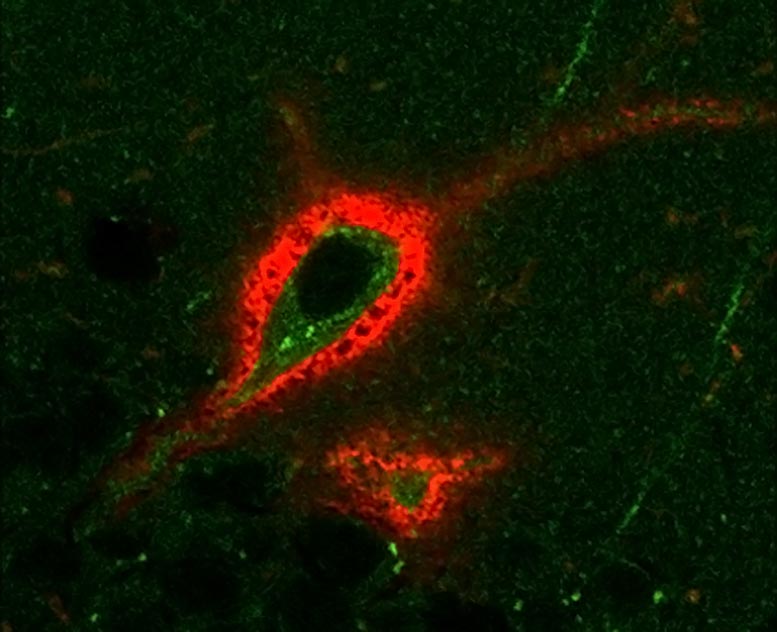
A perineuronal net (red) in the mouse brain, surrounding a neuron expressing Arc (green), a protein involved in memory processing. The holes in the perineuronal net may represent sites of memory storage that are regulated during sleep. Credit: Pantazopoulos et al., eNeuro 2020
Changes in Brain Cartilage May Explain Why Sleep Helps You Learn
Scientists uncover a potential mechanism behind sleep-induced memory changes.
The morphing structure of the brain’s “cartilage cells” may regulate how memories change while you snooze, according to new research in eNeuro.
Sleep lets the body rest, but not the brain. During sleep, the brain accounts for a day of learning by making strong memories stronger and weak memories weaker, a process known as memory consolidation. But changing memories requires changing synapses, the connections between neurons. Sleep-induced changes need to overcome perineuronal nets, cartilage-like sheaths that not only surround and protect neurons, but also prevent changes in synapses.
Pantazopoulos et al. investigated how perineuronal nets varied during sleep in mice. By documenting whether or not they could tag the nets with a protein that binds to a specific sugar chain, they could observe the changes in synapses. A decrease in the number of tagged nets would indicate an increase in the number of neurons allowing synaptic changes.
Tagging increased during wakefulness and decreased during sleep. Sleep deprivation prevented this change. The levels of a net-altering enzyme expressed by brain immune cells cycled in opposition, hinting that it may be responsible for the change. The research team also compared levels of tagged nets in human brain tissue with the donor’s time of death. Human brains displayed similar sleep-centric rhythms in net structure. Altering the structure of perineuronal nets may be one of the mechanisms behind sleep-induced memory changes.
Reference: “Circadian Rhythms of Perineuronal Net Composition” by Harry Pantazopoulos, Barbara Gisabella, Lindsay Rexrode, David Benefield, Emrah Yildiz, Phoebe Seltzer, Jake Valeri, Gabriele Chelini, Anna Reich, Magdalena Ardelt and Sabina Berretta, 27 July 2020, eNeuro.
DOI: 10.1523/ENEURO.0034-19.2020

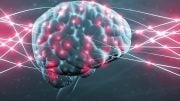
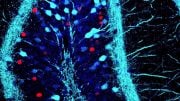
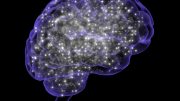
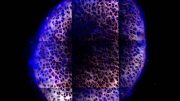
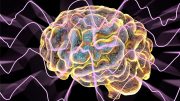

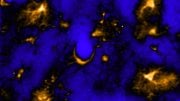

Be the first to comment on "Scientists Uncover Brain Mechanism That May Explain Why Sleep Helps You Learn"